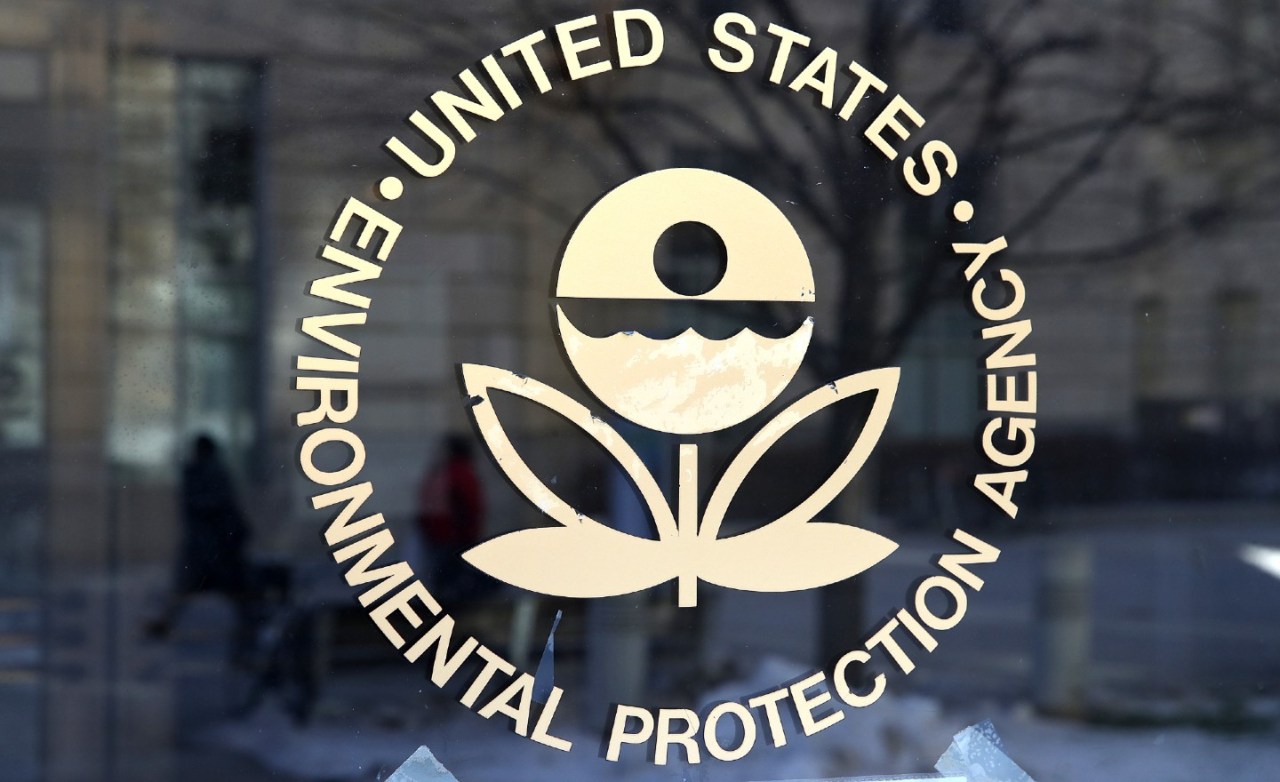This is troubling news. It lets industries not fix leaking pipes, pollute groundwater, etc. without oversight, or even reporting.

 thehill.com
thehill.com

EPA suspends enforcement of environmental laws amid coronavirus
The Environmental Protection Agency (EPA) issued a sweeping suspension of its enforcement of environmental laws Thursday, telling companies they would not need to meet environmental standards durin…


